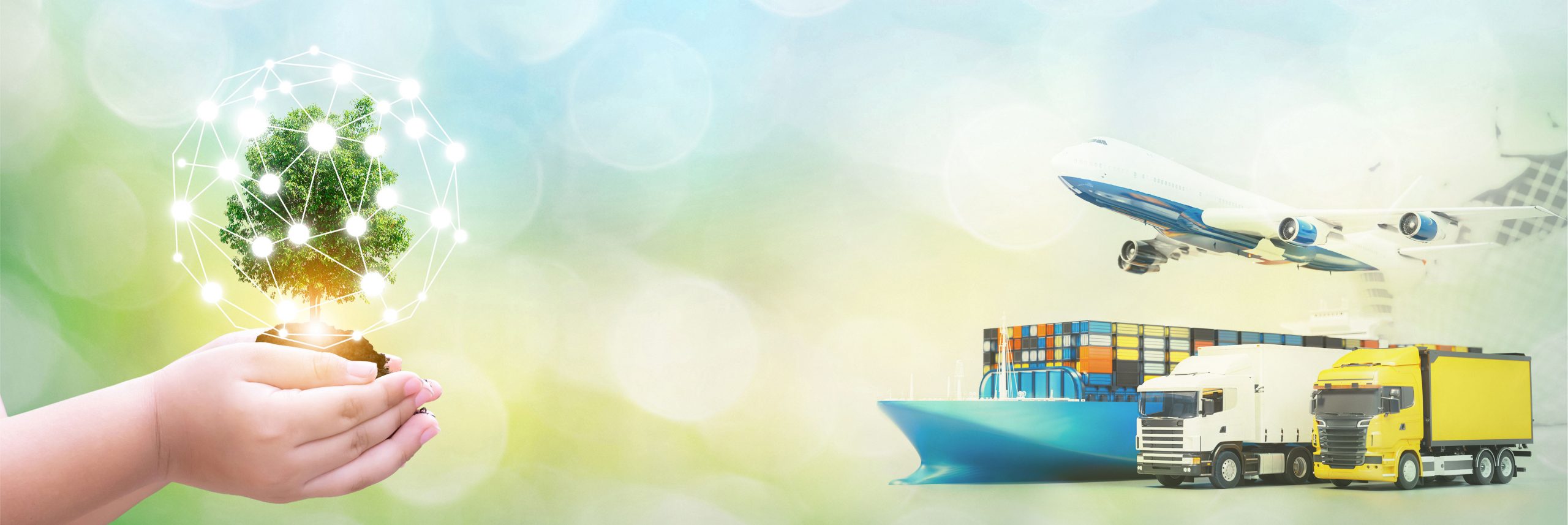
17 Jan Key trends in terms of technology for the Logistics industry in 2022
The Logistics industry has witnessed a paradigm shift in operations with the adoption of technology in the last two years. However, the industry has a long way to go, with 50 per cent still lacking in digital culture and training (according to reports). Despite this, Transformative Technology has been a game-changer during the pandemic. As we enter into 2022, here are some technology trends which every stakeholder in the Logistics industry will be influenced by:
Rise of Artificial Intelligence
Artificial Intelligence and Machine Learning have been the most spoken topic in the industry for a long time. However, very few Logistics IT solutions providers embraced AI optimally to enable predictive capabilities for informed decision making. But 2022 is expected to be altogether different for the Logistics industry as the demand for predictive capabilities in the enterprise is on the rise. AI will increasingly be used for Truck dwell time, Documentation time, document to EDI conversion, Geo-fencing, and congestion.
Wider adoption of Cargo Community System/Port Community System
The world’s major Airports/Ports are now keen on increasing the visibility of blind spots – the Cargo Movement. Cargo Community System/Port Community System is a new-age tool that encourages communication among stakeholders on the land side and air/seaside. These curtail the complexities involved in manual and legacy systems. The platforms offer compliance, security, transparency, costs saving, elimination of redundant processes, and give complete supply chain visibility to all stakeholders. With no investment, these community platforms have a high adoption rate.
The Blockchain dominance
Transparency and data theft are critical issues for Air Cargo stakeholders. Right, from sharing crucial advanced information safely to securing the information from phishing attacks and data thefts, the need to safeguard data is pretty high. That’s the time when Blockchain comes into play. The robust algorithm and encryption mechanism cut down the scope of phishing attacks to zero. Already several frameworks for the air/maritime stakeholders are in place and assist in cutting down critical issues such as revenue leakage and data theft. Blockchain has seen an upward adoption in use cases like Bill of Landing, Crypto, Certificate of Origin, and Digital Trade Corridors.
Large focus on sustainability
According to experts, to achieve the sustainability goals, all stakeholders i.e., ground handlers, forwarders/consolidators, consignees, Shipping Lines/Airlines, Airport/Seaport authorities, Governments, Regulatory bodies, etc. must act as enablers and ensure the short term and long term targets are met mutually. This will increase the agility of operations and drive the Logistics industry towards achieving sustainability goals which are environmental, social, and economic. Paperless operations, nil truck congestion at terminal gates, promoting remote working with cloud and mobile applications, and reducing human touch-points to evade the risk of virus spread with automation are some of the trends that are gaining grounds for 2022.
Air/Sea Corridor and omnichannel supply chain
Airports like Dubai have invested a hefty sum in digitization this year and that is for the Airport Cargo Community System it adopted to leverage the e-commerce advantage. Dubai has currently envisioned creating the next-generation Community Platform that would cater to the Cargo Community’s current and future needs and have the capability to support innovative services like Sea-Air Corridor, 3rd Party services, and many more to accommodate end-to-end supply chain needs. Therefore, with this holistic approach of connecting Air Cargo and Maritime, Airports/Ports are now going for an omnichannel supply chain, and 2022 will see it taking its baby steps.
Wrap up
In 2022, the pandemic might continue. Therefore, the entire business ecosystem will adapt to this new normal. Technology will have a critical role to play, and would eventually take us to a completely digitized business environment.

